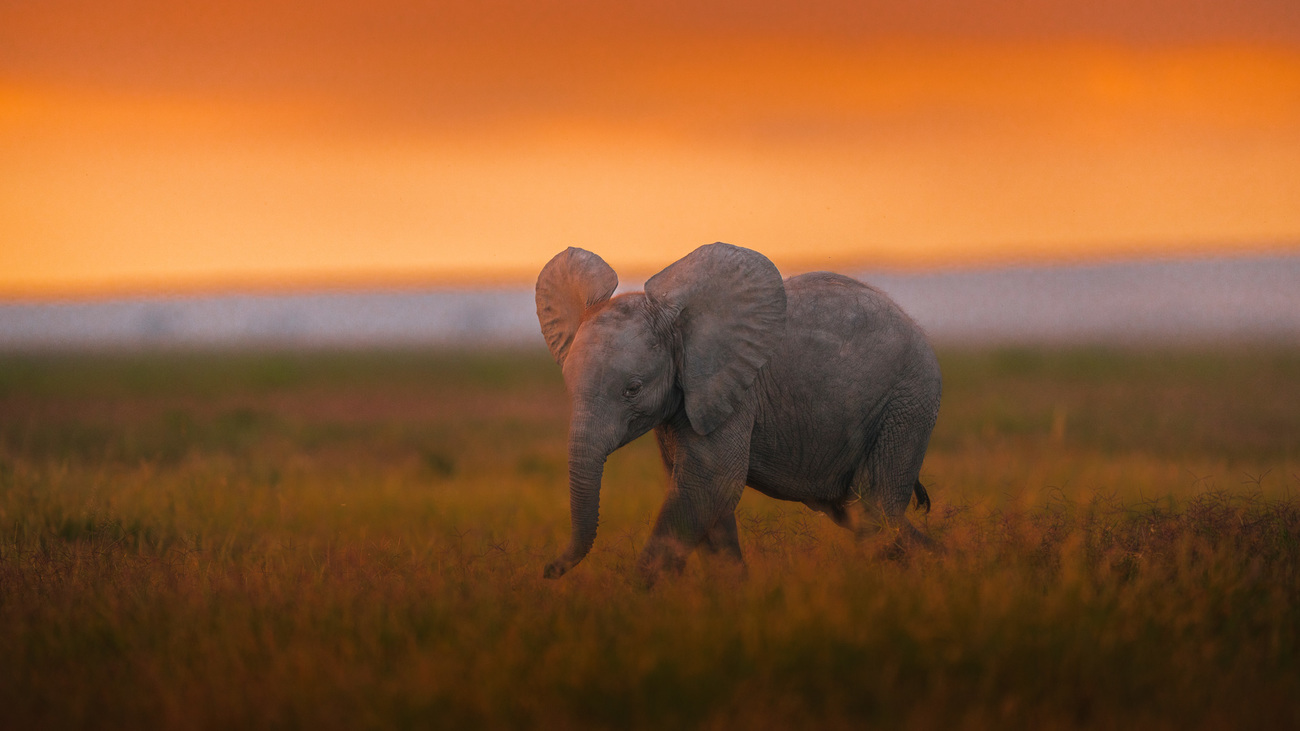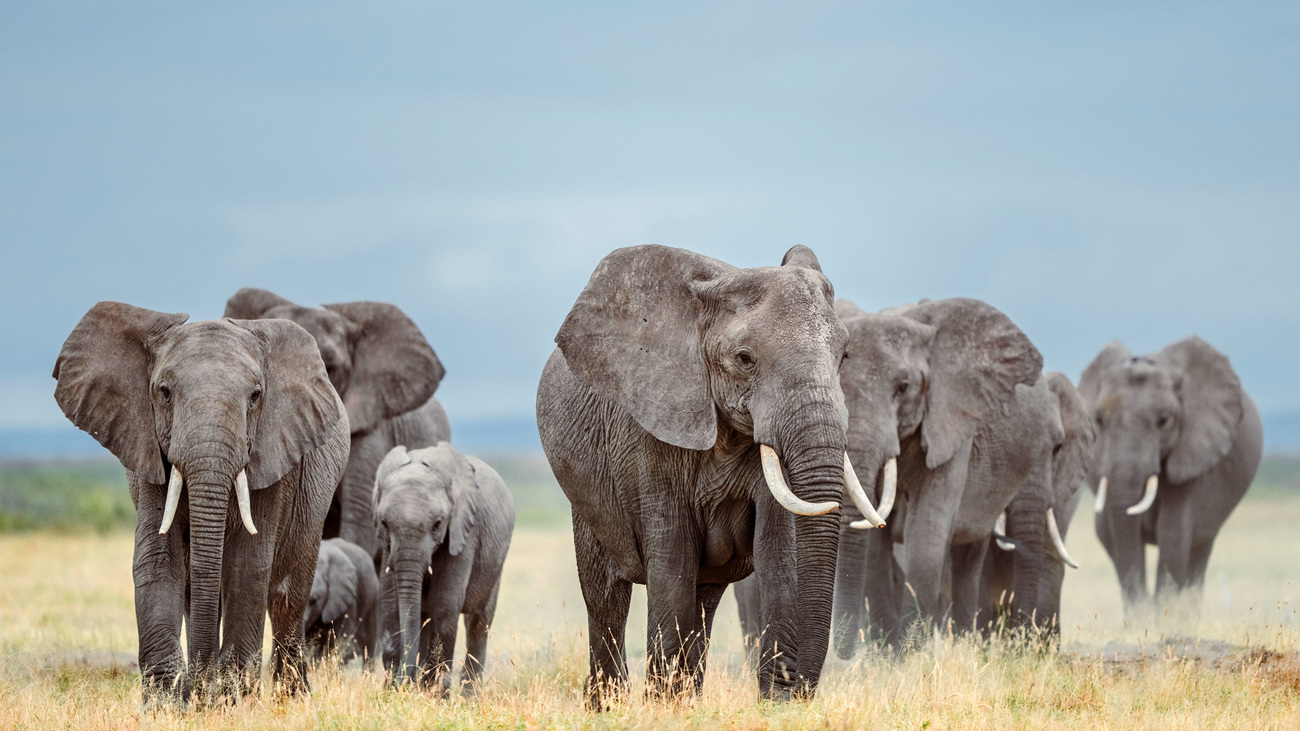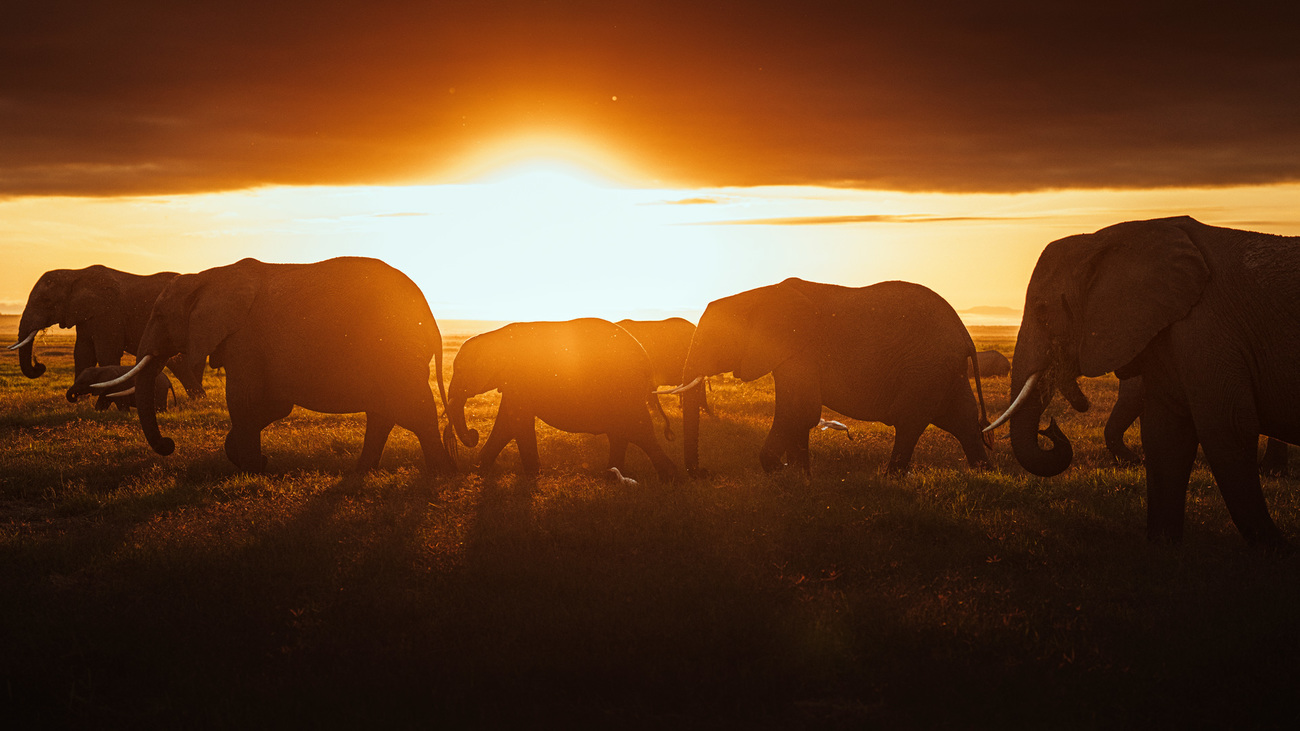Blog
What is Earth Day?
Read moreGiving Day for Elephants 2025
What if the whole world joined together for 24 hours to show our support for one of the world’s most iconic and endangered animals? Giving Day for Elephants is our chance.
The funds raised on Giving Day for Elephants will go toward projects that are critical to the survival of these gentle giants—safeguarding them from poachers, rescuing and caring for orphaned calves, and creating safe landscapes for elephants to roam. By preserving a network of protected lands, we can protect elephants and all the other animals who share their habitats.

Giving Day for Elephants occurs on the third Tuesday of April. This year, it falls on 15 April, 2025.
When you join us, you’ll help support IFAW’s efforts to heal and reconnect crucial wild areas, prevent conflict between people and wildlife, and preserve the biodiversity that is so important for our planet and our fight against climate change.

In addition to helping elephants, IFAW is dedicated to supporting the people who live alongside them. Human-wildlife conflict is unfortunately a major issue in areas where elephants roam. For the more than 300,000 elephants roaming East and southern Africa, their world is getting smaller. With 60% of their range falling outside of protected areas, they risk their lives when they stray outside of these borders, encountering poachers, snares, and human settlements.
As elephants’ space shrinks and their resources disappear due to drought and human activity, they are forced to move closer to people’s homes. Sometimes this results in crop raiding, destruction of property, and interactions that may be deadly to humans or elephants. But by reconnecting landscapes so elephants can freely roam in wild spaces, further away from people, we can protect those who live in close proximity to wildlife.
One way we’re working to help elephants is through collaring. When we fit elephants with satellite collars, we can observe their movements and collect valuable data that informs conservation efforts. We’ve collared a group of recently released elephants in Zambia that were orphaned and rescued. This allows us to monitor them, make sure they are integrating into wild herds, and avoid human-wildlife conflict.
Protecting elephants is a crucial way to support biodiversity and tackle climate change. Elephants are considered ‘ecosystem engineers’ because of how they support the survival of many other species in their ecosystems, including plants and animals. For one, their behaviour of digging in the ground for water sources helps open them up for smaller animals. Their large, lumbering bodies also clear paths through vegetation, which not only helps smaller plants reach the sunlight but also provides ‘highways’ for smaller animals to access their food sources. Also, thanks to their herbivorous diets and their lengthy travels, elephants spread seeds over vast landscapes through their dung.
Elephants also help maintain healthy forests—which are crucial carbon sinks and produce significant amounts of the oxygen we breathe. They even store carbon in their large bodies, taking it with them into the ground at the end of their lives. This makes the conservation of elephant habitats an important nature-based climate solution.

You can show your support for elephants by making a donation on Giving Day for Elephants, which will help fund our science-backed projects to protect landscapes, fight wildlife crime, prevent human-wildlife conflict, and care for orphaned calves.
You can also learn more about our work or take action for animals by signing our petitions.
Elephants and other endangered animals around the world rely on the support of people like you. Act now to protect these iconic species and all vulnerable animals around the world.
Our work can’t get done without you. Please give what you can to help animals thrive.
Unfortunately, the browser you use is outdated and does not allow you to display the site correctly. Please install any of the modern browsers, for example:
Google Chrome Firefox Safari